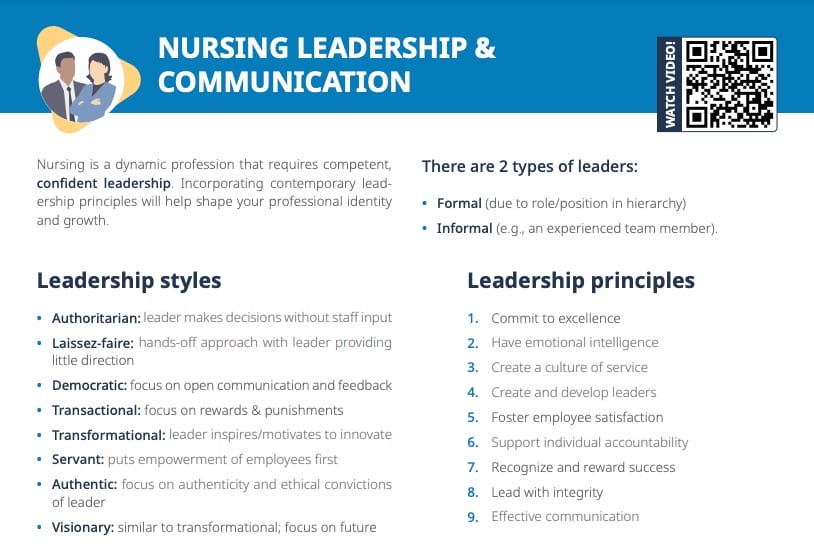What is bullying in nursing?
Definition of bullying
The American Nurses Association defines bullying as repeated, unwanted, harmful actions intended to humiliate, offend, and cause distress in the recipient.
How common is bullying in nursing?
The numbers suggest you will certainly have to confront bullying at some point in your nursing career.
- 18–13% of nurses have been bullied.
- 34% of nurses have left or considered leaving the profession due to bullying.
- According to the Journal of Nursing Management in 2018, 60% of nurse managers and leaders experience bullying in the workplace, 26% of them severely.
How to recognize bullying
What can bullying look like?
Examples of types of more overt aggressive ways of bullying include:
- Raising voice to intimidate
- Pushing, pulling, shoving, or hitting
- Name-calling
- Belittling team members or minimizing their performance
- Unprofessional comments
Bullying can also be less overt, but equally impactful and harmful:
- Gossiping
- Toxicity
- Ignoring
- Eye-rolls or scoffs
- Exclusion
Take your experience seriously
If you are experiencing any of the behaviors listed above, realize that this is not normal, okay, or a healthy work culture. This is bullying and can take a significant toll on your personal and professional life.
How to deal with bullies in the workplace
Here are some strategies to help deal with and address being bullied in the workplace:
Finding an ally
One tool to tackle bullying is to find a person who can back you up when you need support. It should be someone you can trust and share the experiences with, and who will be on your team and advocate for you when needed.
Direct confrontation
Directly confronting a bully should involve professional feedback techniques, seeking understanding and proactively creating a plan to change the situation and behavior.
Utilizing leadership for support
Your supervisors and managers should help and support you in a situation where you experience bullying. If involving a manager does not resolve the situation, reach out to human resources to help create a more positive work environment.
Documenting the incidents
Make sure to note down all occurrences of bullying including date, time, persons involved, and what happened. If possible, involve witnesses, and save relevant texts or emails. This can be of tremendous help if disciplinary actions should be required in the future.
What are microaggressions vs macroaggressions?
Microaggressions are subtle, often indirect or unintentional actions or remarks that may be hostile, derogatory, or negative and target a member of a marginalized group. In the nursing context, a microaggression could be a colleague frequently mispronouncing another colleague’s name from a different cultural background, despite being corrected.
Macroaggressions (not as commonly used as a term, also called mega aggressions or various other terms), on the other hand, are larger, more overt forms of discrimination or aggression. They are often deliberate and blatant. These actions or policies are typically clear violations of professional conduct in any setting, including nursing.
Last but not least
It is rare that someone thinks of themselves as a bully. Take some time to reflect if you might be initiating some of these actions yourself, assess the reasons, and take proactive steps to improve. Treat your team members with respect and dignity.
Bullying is not inevitable – it is a habit.
